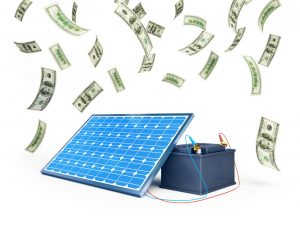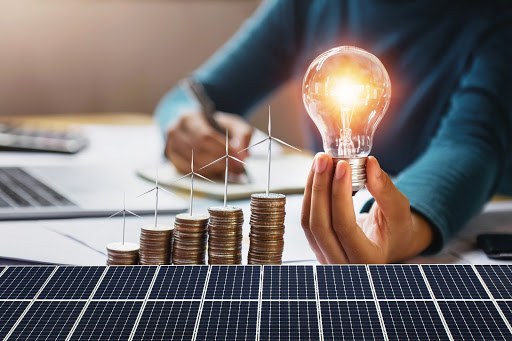Nationally, energy costs average 10.58 cents per kWh. In California, the average price soars to 24 cents per kWh. We are used to most things costing more in The Golden State, but why so much more? And why do power costs seem to eternally increase at a breathtaking pace?
Where California Ranks in Terms of Energy Prices
According to the US Energy Information Administration, California’s power is the 7th most expensive in the nation. Though the list fluctuates somewhat from year to year, the general ranking in recent years is:
- Hawaii
- Alaska
- Connecticut
- Rhode Island
- New Hampshire
- Massachusetts
- California
In recent years, Massachusetts and California have fluctuated in the 6th and 7th positions. Utilities in California are certainly not cheap, but they are not exactly the highest in the nation.
It All Began With an Energy Crisis Scare and Over-Production of Power
The state of California is home to a plethora of power plants, both utility and private-owned. According to an investigative article by the LA Times, in the early 2000s, California suffered an energy scare. Wildfires and other natural disasters led to fears of running out of energy. Many companies rushed to fill the perceived energy shortage and built power plants well beyond what was needed.
While the surplus of energy would normally lead to lower costs, the opposite became true. In the past decade, laws have allowed power companies to increase prices, even as plants were being shut down all over the state.
In the end, while the aim may have been to create a surplus of affordable energy this is not the result. Power bills have become more expensive for millions of households across the state in the past decade.
Recently, the Primary Driver of CA Energy Price Increases are Wildfires
It’s no secret that California has suffered numerous devastating wildfires in recent years. Many of these have been attributed to certain power companies, more specifically, their equipment. The equipment sparks fires in already dry and windy conditions, the results of which have been disastrous. This has led to lawsuits against the companies at fault, such as the recent $11 billion (that’s BILLION, with a B) by insurers against PG&E. Who inevitably foots that bill? Energy consumers. That money comes from somewhere. In this case, it comes through rate hikes — in other words, out of the pockets of California residents. The wildfires are also the cause of the recent power shutdowns in huge sections of the state, causing disruption to businesses and lives.
So for those who live in California, high power bills may be a reality for many years to come. This makes transitioning to solar power all the more important. Switching your home over to solar power can help you save money. Solar energy is also a great choice for the environment. Want to learn more about transitioning to solar power? Check out this great article on our blog about the process.




